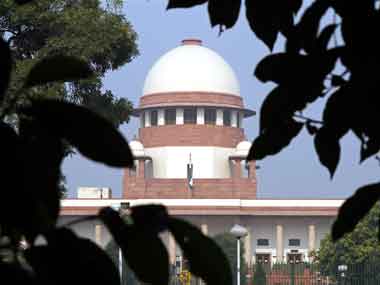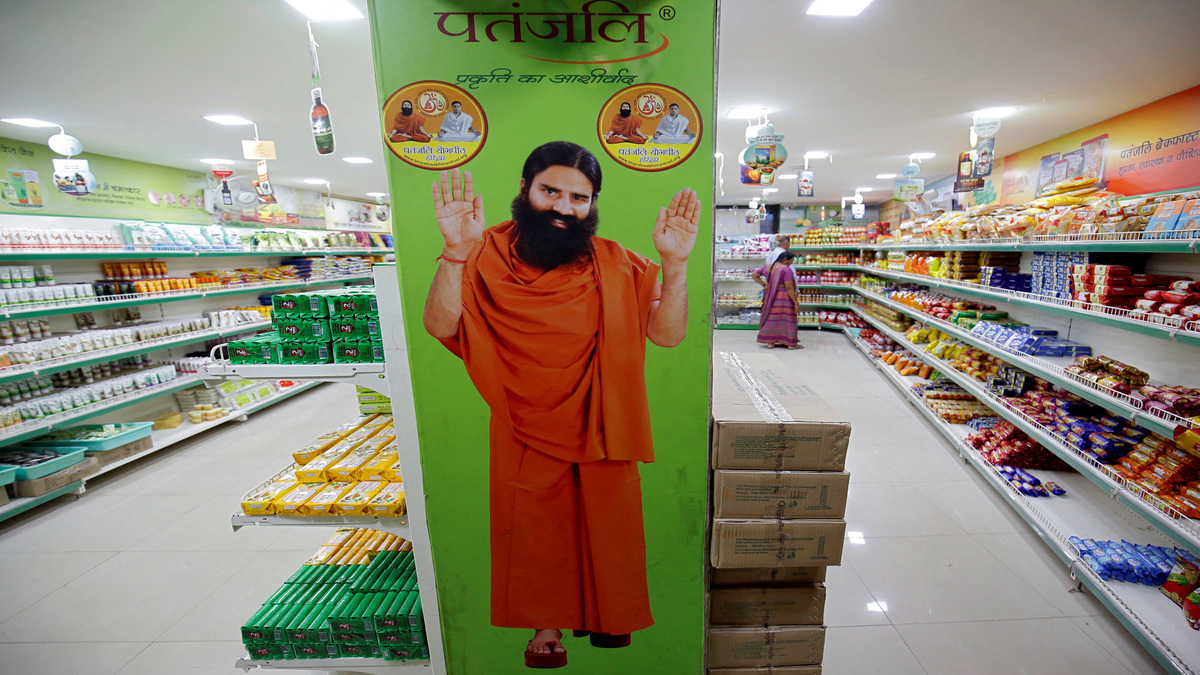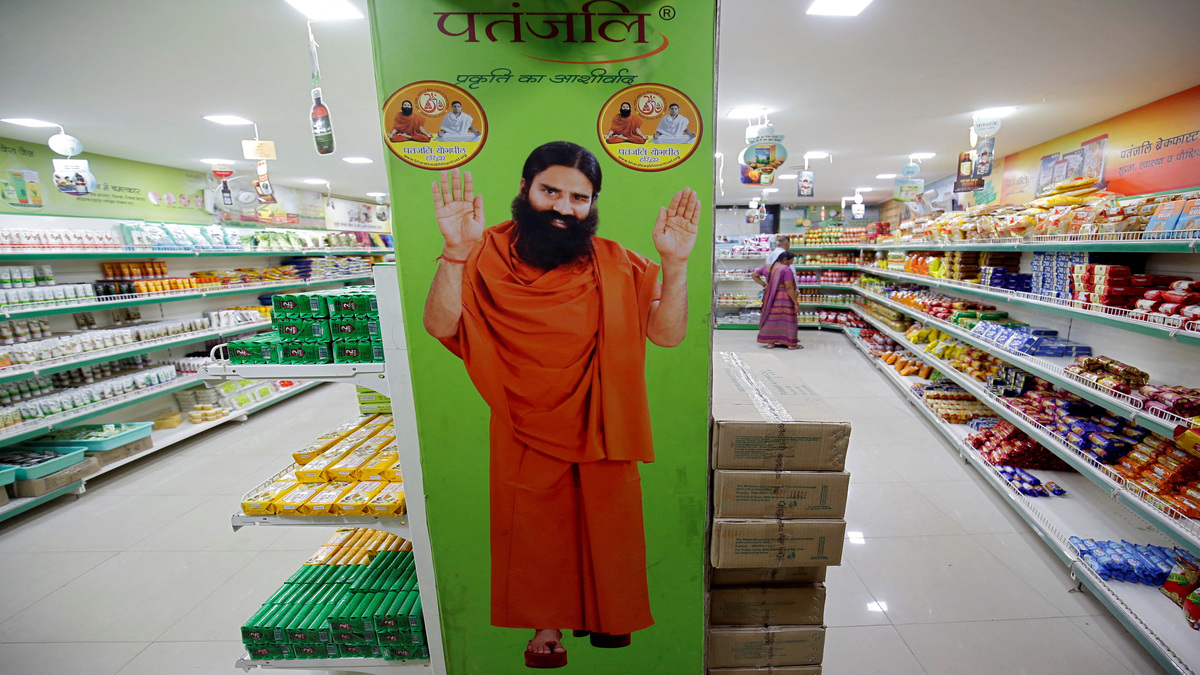The Supreme Court on Wednesday said consent is inherent in Hindu Marriage Act and won’t interfere to issue a declaration separately, media reports said. The apex court further said that they won’t entertain arguments on how marriage ceremonies should be performed and there are enough legal remedies available for Hindu women to walk out of a marriage, CNN-News 18 reported. The order comes in response to a PIL which seeks to make free consent mandatory for the validation of a marriage.
#BREAKING | SC will not interfere with Hindu marriage laws, says consent is inherent under the marriage act. pic.twitter.com/C3cJLEvEkg
— News18 (@CNNnews18) April 11, 2018
On Wednesday, the apex court issued a notice to the Karnataka government and Centre after hearing a 26-year-old woman’s plea seeking protection and direction for making prior consent of a boy and girl mandatory before marriage under the Hindu Marriage Act. The court also asked the police to give protection to the woman, the daughter of a Karnataka politician, who fled after her wedding as she did not approve of the marriage, ANI reported. The court directed the superintendent of police concerned to serve notice on the respondents and fixed the matter for further hearing on 5 May.
According to PTI, the woman, who is presently in Delhi and being assisted by Delhi Commission for Women, has also sought striking down of certain provisions of the Hindu Marriage Act on the grounds that the consent of the bride or the groom has not been made mandatory in the law. A bench comprising Chief Justice Dipak Misra and justices A M Khanwilkar and DY Chandrachud said that it would treat this petition as a habeas corpus plea and would not deal with the constitutionality of certain provisions of the Act as sought by senior advocate Indira Jaising, who was representing the aggrieved woman.
The bench observed that the Section 12 C of the Act provides for annulment of a marriage if there is forced or fraudulent consent. The court agreed with the contention that the identity of the woman and her family members, who had forced her into the marriage, is not revealed. During the hearing, Jaising said that the woman has been forced into marriage and seeks protection.
With inputs from PTI


)




)
)
)
)
)
)
)
)